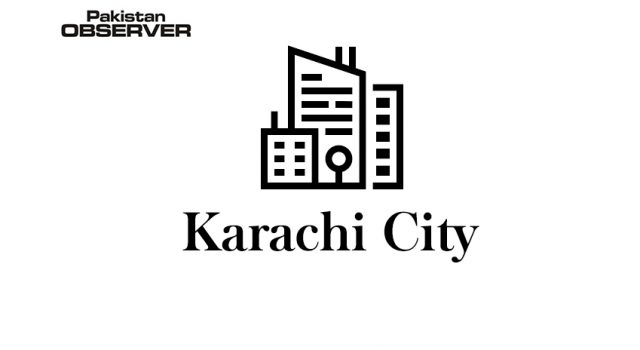A five-day training programme on interfaith harmony culminated with a visit to the National Counter Terrorism Authority (Nacta) headquarters in Islamabad on Wednesday.
The visiting delegation was briefed on how they could effectively take part in the fight against extremism and terrorism.
The residential training, hosted by the Shaoor Foundation in the capital and Bhurban, brought together 40 individuals, including faith and community leaders, rights activists, journalists, engineers, academics, bureaucrats and lawmakers who are part of the Karachi Interfaith Network.
A day before, the training participants called on Council of Islamic Ideology (CII) Chairperson Dr Qibla Ayaz at his office.
The delegation discussed with the CII chief a variety of issues related to blasphemy laws, women rights, alleged forced conversions and protection of minority groups. Later in the day, the training participants visited Shah Faisal Mosque, the Islamic International University and a Bahai community centre.
Earlier, during their three-day stay in Bhurban, multiple sessions were conducted on the promotion of intersect and interfaith harmony.
In his presentation on Minority Rights and the Constitution of Pakistan, civic educator and former Pakistan Institute for Parliamentary Services executive director Zaffarullah Khan reminisced about Muslim faith leaders who would “stand for minority rights” in the past.
He, however, lamented the growing religious intolerance and called for the promotion of counter-narratives to defeat violent extremism.
In another session, Dr Zubair Usmani, Shamsuddin Hassan Shigri, Allama Aqeel Anjum, Zahra Shalwani, Sheikh Yousuf Nisar, Syed Ali Karrqr Naqvi, Allama Ehsan Siddiqui and other faith leaders discussed ways to counter extremism and promote interfaith harmony.
In their concluding remarks, International Research Council for Religious Affairs President Israr Madni and Shaoor Foundation Executive Director Syed Ali Hameed urged the participants to take the training as an opportunity to consolidate their efforts and creatively implement local solutions for peace building.









